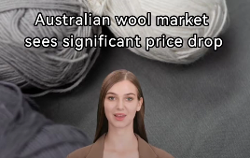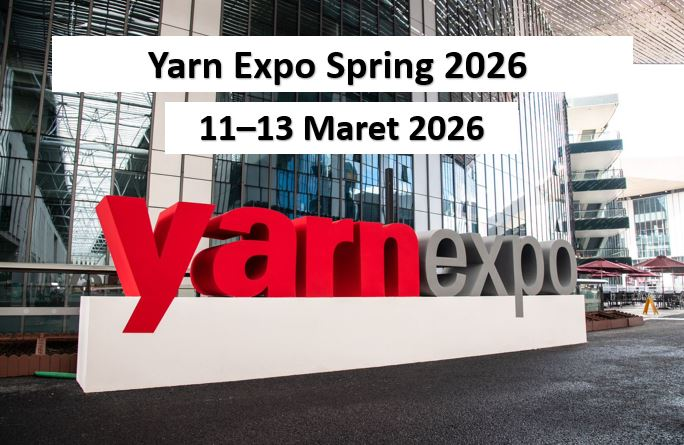Dhaka, Bangladesh - Facing the dual challenges of a current economic downturn and the devaluation of the national currency, Bangladeshi textile millers are urgently seeking support from the central bank. The Bangladesh Textile Mills Association (BTMA) has sent a formal request to the Bangladesh Bank, urging policy interventions such as concessions on loan installments, extensions on repayment periods, and an increase in the Letter of Credit (LC) limit.
In the letter dated December 6, the BTMA specifically called for a two-year extension on loan repayment periods, a measure that had been previously extended by the central bank during the pandemic. The textile millers highlighted the need for financial flexibility to navigate the ongoing economic challenges.
Given the devaluation of the local currency, textile millers have requested an increase in their Letter of Credit (LC) limit. Additionally, they are seeking permission to exceed their single Borrower Exposure limit, provided it occurs after the requested extension.
To alleviate the financial burden, the textile sector entrepreneurs proposed a temporary reduction in loan installments, suggesting a payment of only 20% of term loan installments. They argue that the remaining payments should be deferred for four years due to significant contractions in production and overall business caused by the current economic downturn.
BTMA President Mohammad Ali Khokon emphasized the critical need for proper incentives and policy supports, stating, "It would not be possible for the local textile mills to sustain in such a situation."
Khokon further pointed out the challenges faced by the industry, including the Russia-Ukraine war, the global economic crisis, the dollar crisis, and local political instability. He highlighted recent surges in gas, electricity, transportation, and raw material prices, which have significantly hampered competitiveness and export capacity, making it increasingly difficult for Bangladeshi textile mills to compete in the global market.
The textile industry has also been hit by a 150% increase in gas prices and a 50% rise in workers' wages, significantly inflating overhead costs for textile mills. Many mills are now operating at break-even, with some even incurring losses.
President Khokon emphasized that the global inflation has further weakened the textile industry. Additionally, he mentioned that the single borrower exposure limit has been tightened, impacting the ability of textile mills to secure loans.
In January of the previous year, the Bangladesh Bank reduced the limit of loans provided by any bank to a single person or organization, making it more challenging for mills to secure financial support. The BTMA is urging the central bank to consider the industry's plea for financial relief in light of the current economic challenges.





